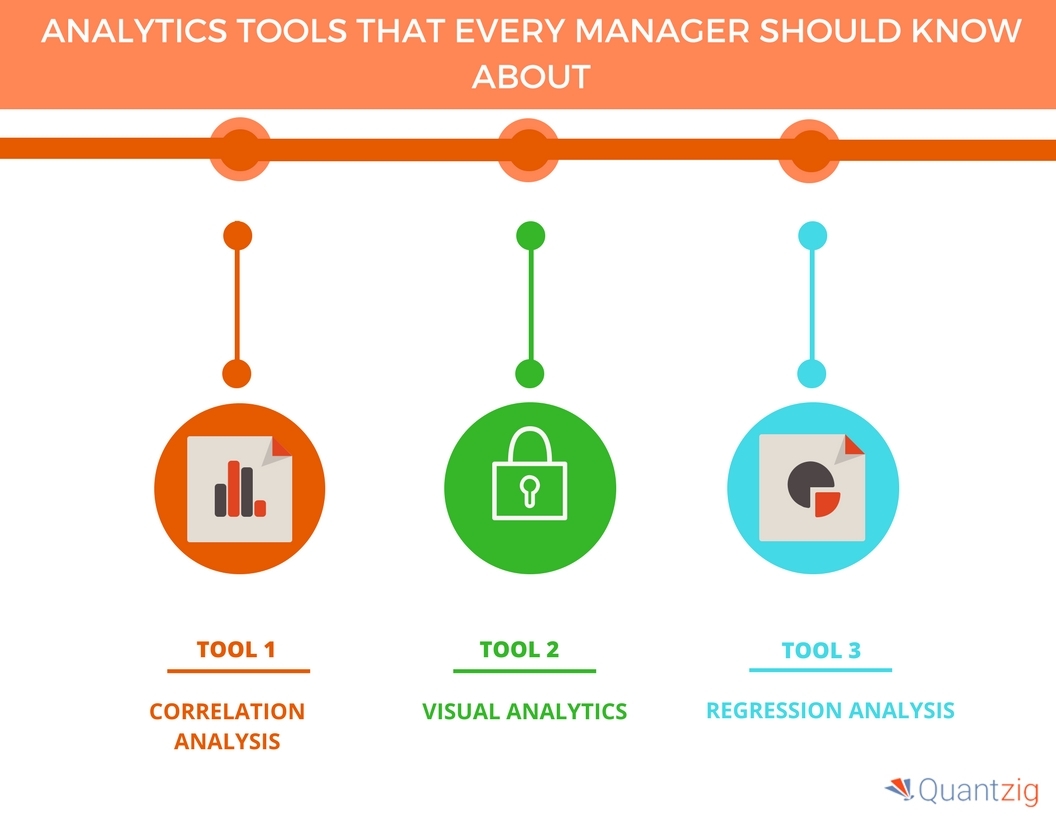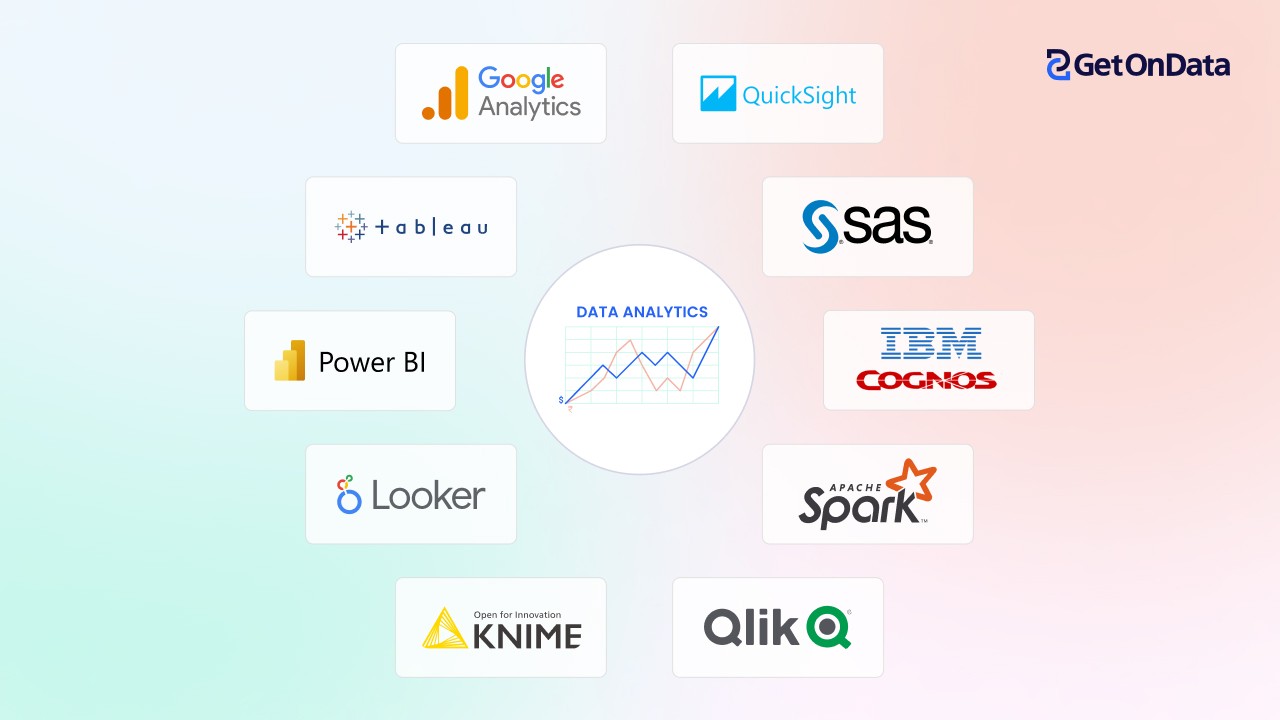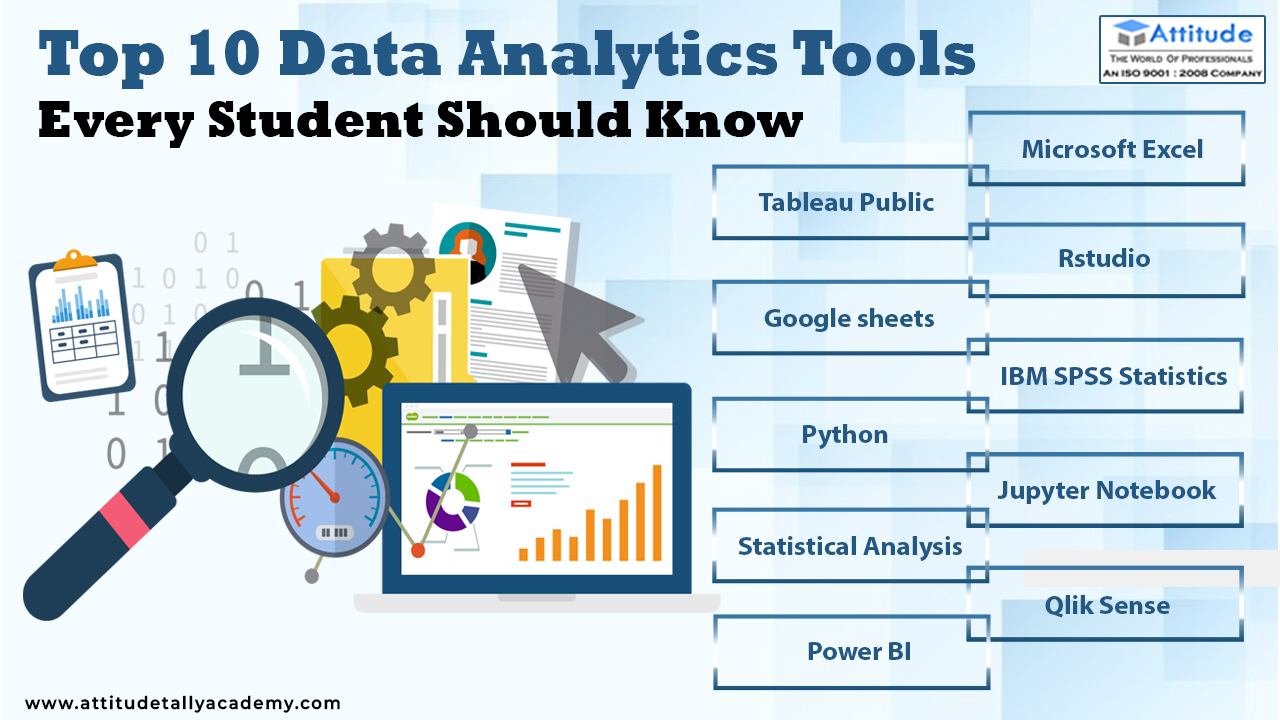Optimize Growth: Exactly How Analytics Drive Better Approaches
By harnessing information understandings, organizations can improve their functional techniques, expect market changes, and improve consumer involvement. The obstacle exists not just in gathering data yet in efficiently translating it to drive substantial outcomes.
Comprehending Information Analytics
Data analytics is a methodical computational evaluation of information that allows organizations to discover meaningful patterns and insights. This process incorporates a selection of strategies, including statistical analysis, anticipating modeling, and data mining, which jointly intend to change raw data into actionable information - Analytics. By utilizing these approaches, companies can make informed choices that are rooted in empirical proof as opposed to intuition alone
The foundation of information analytics hinges on its capacity to take care of large amounts of details from diverse sources. This consists of structured information, such as databases, and disorganized information, including social media sites interactions and customer responses. Through the usage of specialized software application and tools, experts can draw out and process this data efficiently, recognizing trends and relationships that might not be promptly apparent.
Recognizing data analytics additionally involves acknowledging the importance of information top quality and honesty. Trusted and exact data is vital for purposeful analysis; hence, companies must apply durable data administration methods. The iterative nature of analytics enables for continual improvement and improvement of approaches, making certain that organizations remain dexterous in the face of altering market dynamics and consumer behavior.
Key Benefits of Analytics

Among the crucial benefits of analytics is its ability to provide workable understandings. Organizations can rapidly analyze vast amounts of information, revealing patterns that may not be right away evident. This aids in preparing for market shifts and adapting methods accordingly. Furthermore, analytics cultivates a culture of evidence-based decision-making, lowering reliance on intuition and guesswork.
An additional substantial benefit is improved client understanding. Analytics tools make it possible for companies to sector their target market, track customer habits, and personalize marketing efforts. This targeted approach not only enhances customer engagement however additionally drives higher conversion rates.

Implementing Analytics Approaches
To completely understand the benefits of analytics, organizations have to adopt structured strategies for execution. This begins with plainly specifying objectives that align with more comprehensive service goals. By developing particular, measurable results, companies can focus their analytics initiatives on areas that generate the highest possible return on investment.
Following, organizations must focus on data governance to ensure the integrity and safety and security of the information being assessed. This includes establishing methods for data collection, storage space, and accessibility while adhering to appropriate laws. Ensuring high-quality data is important for generating meaningful understandings.
In addition, fostering a culture of data-driven decision-making is necessary. This needs training workers to analyze analytics searchings for and encouraging collaboration across departments. When teams recognize the worth of analytics, they are more most likely to incorporate understandings right into their day-to-day procedures.
Lastly, organizations should regularly examine address and refine their analytics methods. The landscape of data and technology is constantly evolving, and staying versatile will enable companies to utilize new tools and techniques successfully. By applying these organized approaches, organizations can optimize the influence of their analytics efforts and drive lasting growth.
Devices for Reliable Analysis
Reliable evaluation relies upon a selection of devices that promote the extraction of insights from data - Analytics. These tools can range from basic spread sheet applications to sophisticated equipment discovering platforms, each offering a special function in the analytical procedure
Data visualization software program, such as Tableau and Power BI, plays a vital duty in changing complicated datasets right into reasonable visual representations. These tools allow analysts to determine patterns and fads quickly, permitting even more informed decision-making.
Statistical evaluation software program, like R and SAS, offers advanced capacities for performing in-depth analyses, consisting of regression, theory testing, and anticipating modeling - Analytics. These functions empower organizations to attract meaningful conclusions from their information, identifying potential review opportunities and threats
Additionally, database management systems such as SQL and NoSQL databases supply the required facilities for saving and inquiring huge quantities of information effectively. They make sure that data is arranged and available for evaluation.
Finally, organization intelligence systems integrate various data resources, offering a detailed sight of organizational performance. By using these devices effectively, businesses can improve their analytical capabilities, enabling them to create techniques that maximize growth and boost total efficiency.
Study of Success
Successful organizations usually utilize data analytics to drive impactful methods, as shown by numerous significant case research studies. One popular instance is Netflix, which utilizes sophisticated algorithms to assess customer choices and behavior. By utilizing these understandings, Netflix has actually effectively customized its material recommendations, leading to increased customer interaction and subscriber retention. Their More Bonuses data-driven technique has definitely added to their standing as a leading streaming solution.

Additionally, Starbucks utilizes information analytics to figure out optimal shop areas and improve its product offerings. By checking out client demographics and buying patterns, Starbucks effectively recognizes high-potential markets and tailors its food selection to regional tastes, driving sales and client commitment.
These study illustrate that efficient use of data analytics can bring about strategic benefits, promoting advancement and development within companies throughout various sectors.
Verdict
In final thought, the integration of analytics right into business approaches considerably boosts decision-making processes and fosters lasting growth. The efficient application of analytics tools additionally sustains dexterity and advancement, making it possible for organizations to navigate competitive landscapes with greater accuracy.
Information analytics is a methodical computational analysis of data that enables organizations to uncover significant patterns and understandings.Understanding data analytics additionally entails acknowledging the value of information top quality and integrity. Precise and reputable data is crucial for significant analysis; hence, companies must implement durable information governance practices.Following, organizations need to prioritize information governance to guarantee the integrity and safety and security of the data being evaluated.Successful companies often leverage data analytics to drive impactful techniques, as shown by a number of notable situation research studies.
Comments on “Discover Hidden Opportunities with Modern Analytics Techniques”